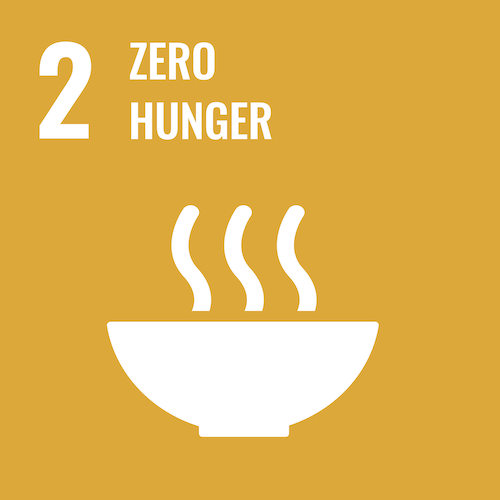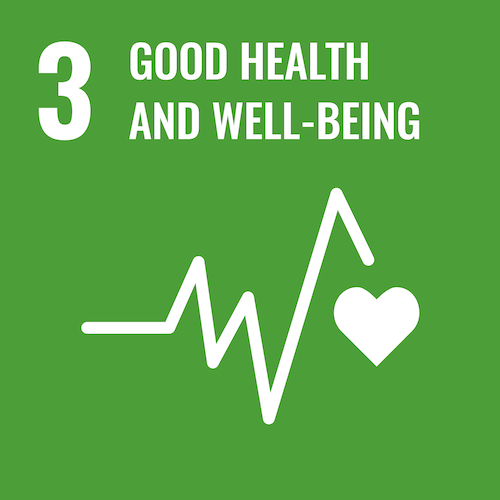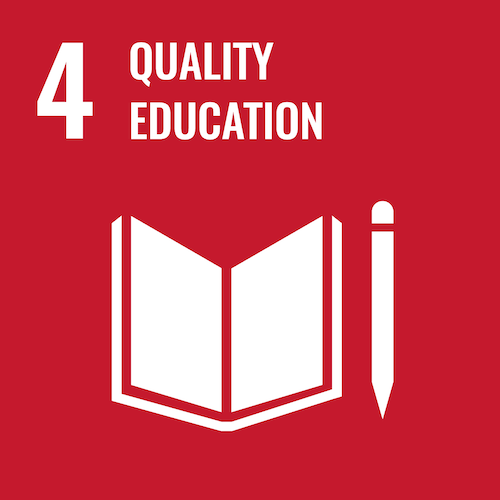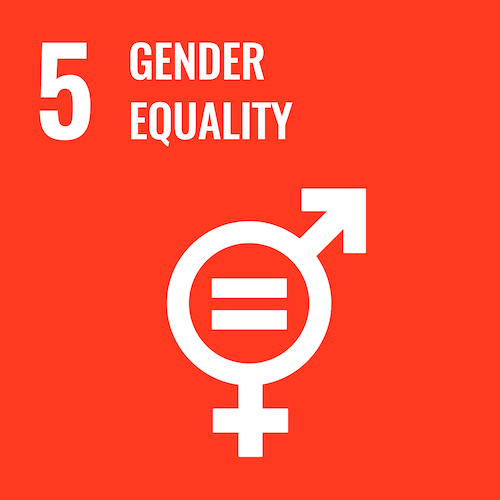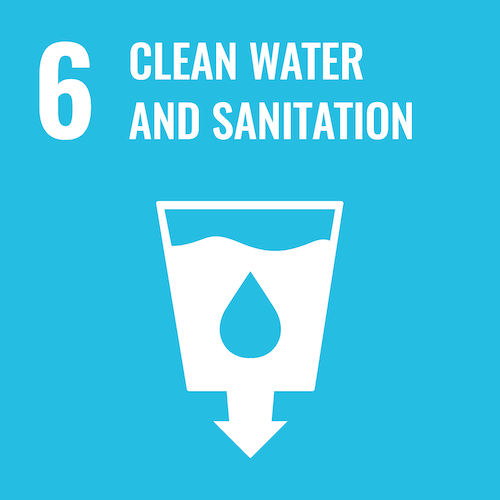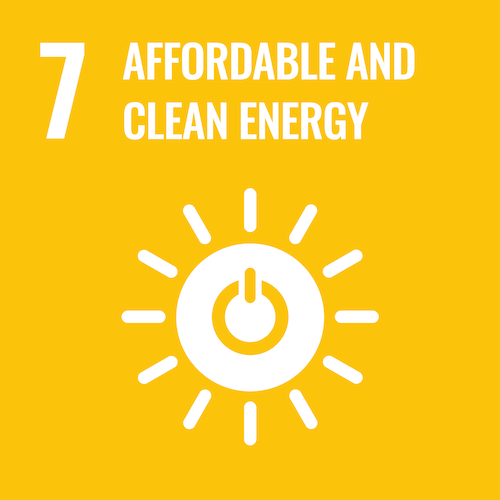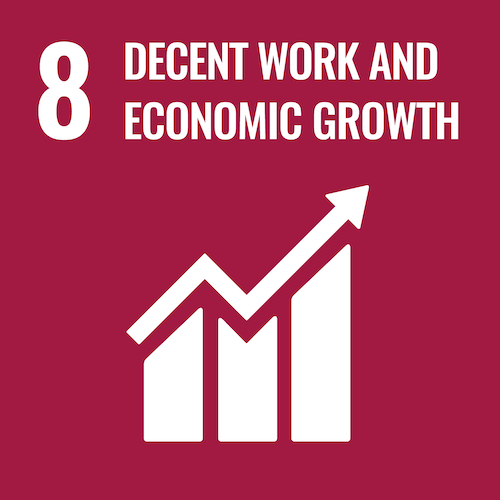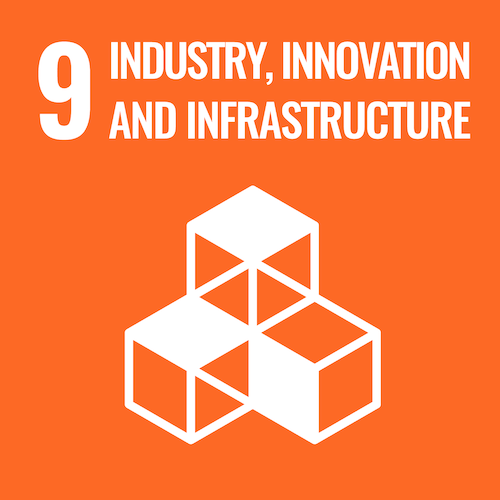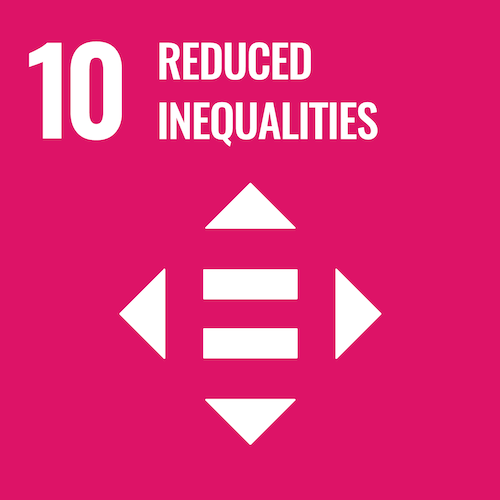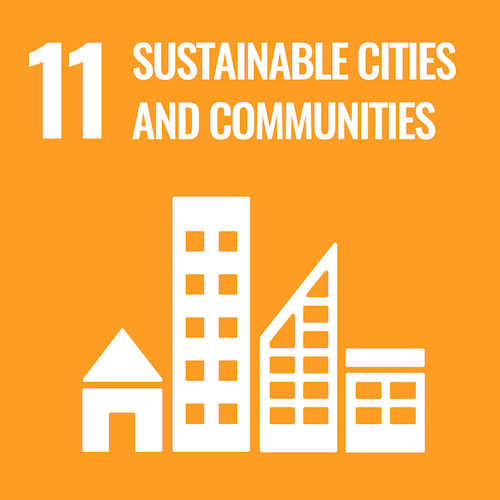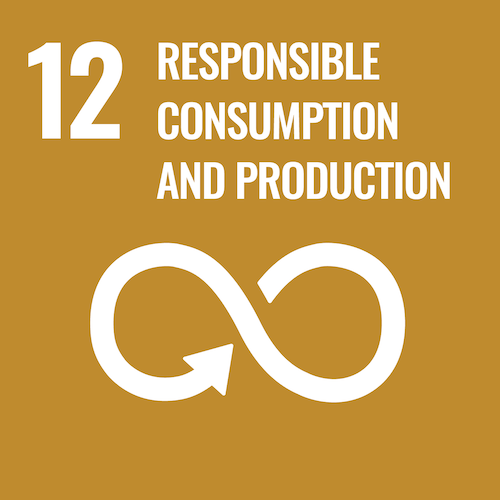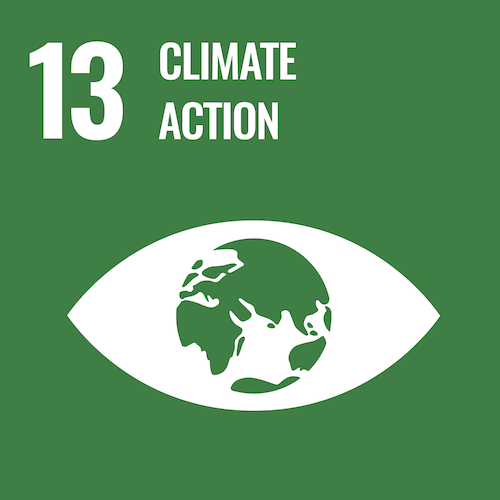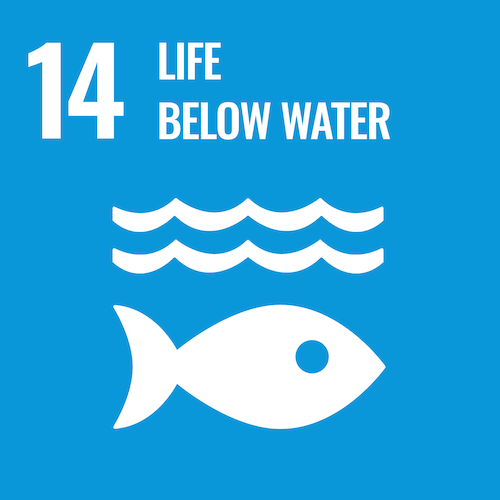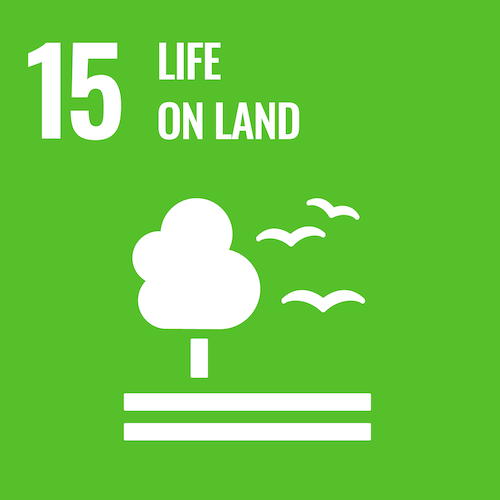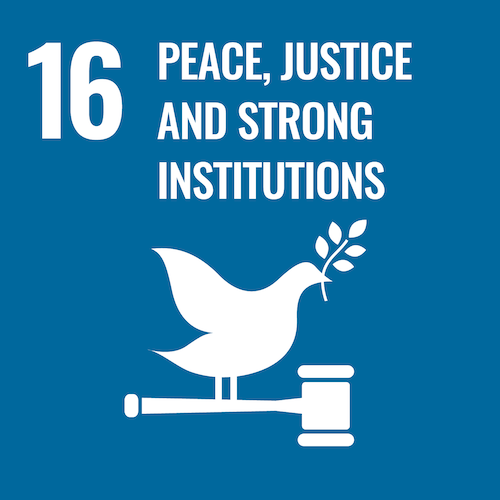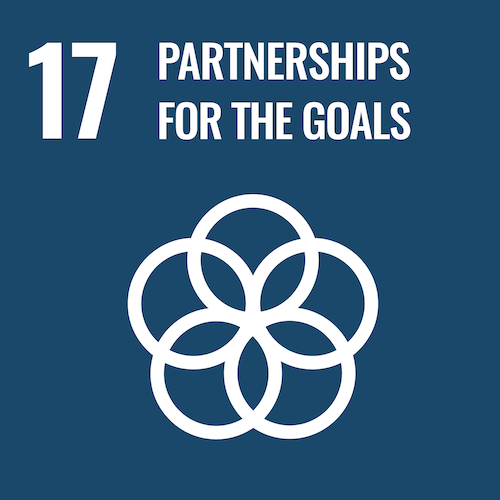Fully focused on social influence and promoting sustainable development
Universities play a key role in the evolution of human civilization. In addition to knowledge transfer and research innovation, universities serve society by driving social development. Universities should take from society / give back to society. While cultivating talent and performing research and development, universities need also to fulfill their social responsibilities.
National Taiwan Normal University (NTNU) has active social responsibility programs. The current programs include improving the quality of rural education, providing services to seniors, initiatives to reduce the use of plastic on campuses and in communities, and providing locations for community mental health counseling. NTNU spares no effort in deepening its social influence.
“Transforming our world: the 2030 Agenda for Sustainable Development” is a program of the United Nations (UN) that guides the development direction of various countries and regions around the world with 17 Sustainable Development Goals. The Times Higher Education Impact Rankings use these 17 indicators as scoring criteria. Based on the evaluation criteria of each index, NTNU not only addresses the meaning and connotation of the index, but also implements appropriate actions in order to achieve positive relevant outcomes.
The philosophy of NTNU transcends regional and national considerations, and treats sustainable development issues from a global perspective. The professionalism of its research and development can also provide perspectives and technologies to guide sustainable development. NTNU promises to use the majors offered to students and its ideals in general to fulfill the sustainable development goals of the UN, and to support communities, government departments, and nongovernmental organizations in order to jointly promote global sustainable development.
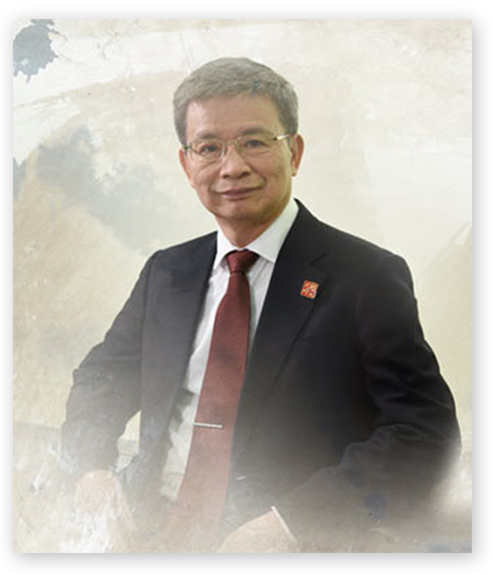
Cheng-Chih Wu, PhD
President
National Taiwan Normal University




